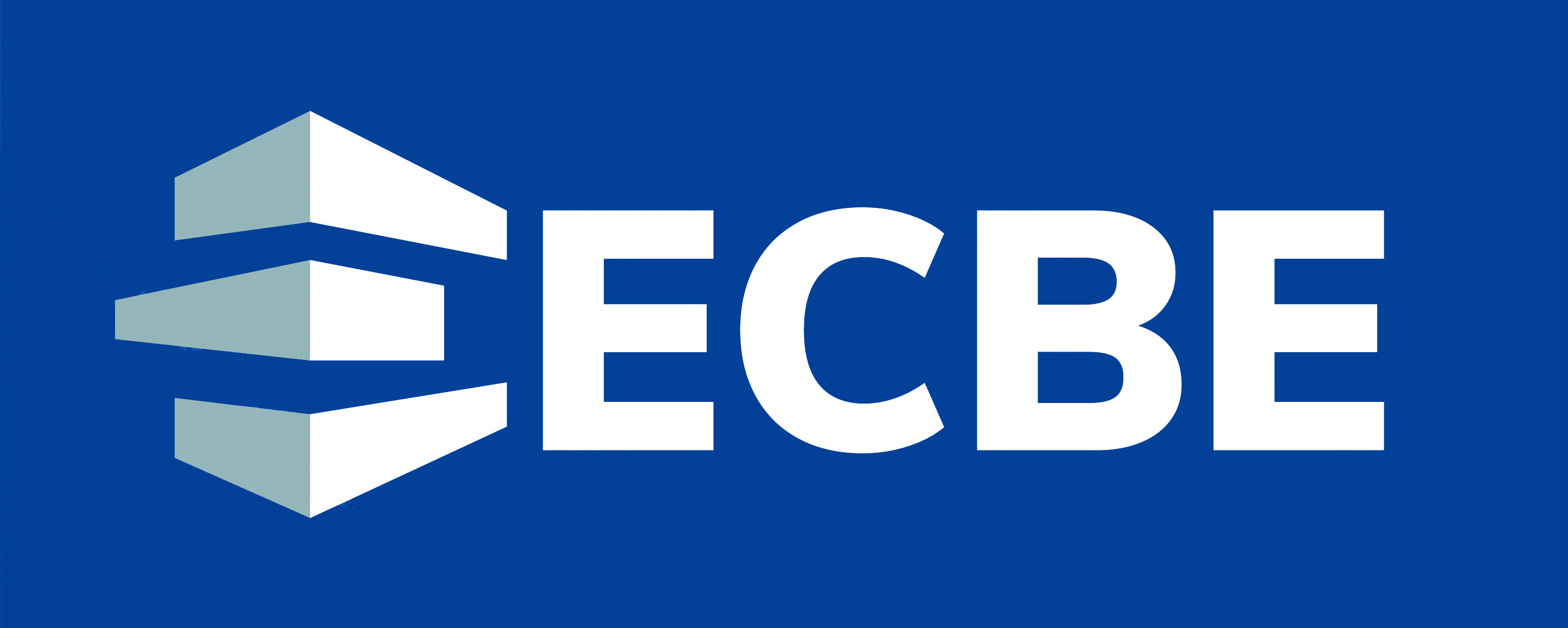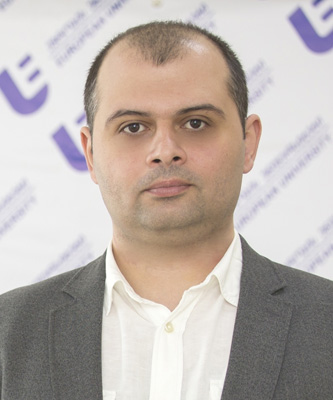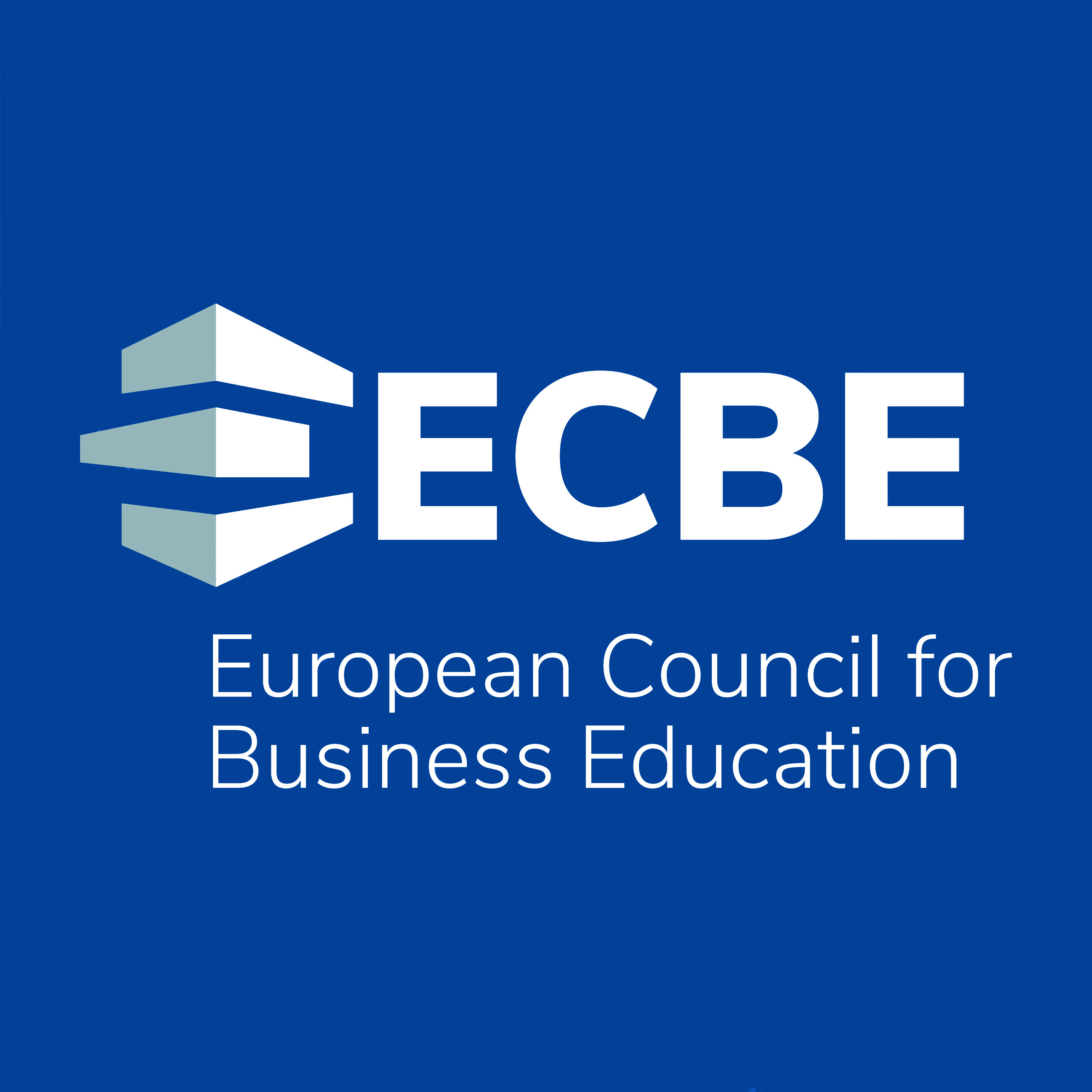Senior Reviewers
- Tornike Khoshtaria, Senior Reviewer
- Jan Lojda, Senior Reviewer
- Alasdair White, Senior Reviewer
Read more about the tasks of the Chairperson of the Review Team (CoRT)
After being appointed Chairperson of the Review Team by the DoA, the CoRT will execute following tasks:
- Contact the Institution looking for accreditation to agree on the detailled planning of the Review Visit;
- Manage the Review Team, and give tasks to each member;
- Make sure that ECBE's procedures and guidelines are always followed before, during and after the Review Visit;
- Make sure the reviewers’ work is independent of the BoD, BoC, DoA and all other bodies or officers of the Agency; as such, make sure the Review Visit is an evidence-based process carried out by independent experts;
- Make sure each member of the Review Team behaves professionally;
- Organize the composing and the writing of the Review Visit Report;
- Defend the Review Visit Report during the quality check against ECBE's RVR standards;
- Send the draft version of the Review Visit Report to the Institution for the checking on factual errors; if needed, adjust the Review Visit Report;
- Communicate the final version of the Review Visit Report to the Institution and to the Chairperson of the Commissioners for final decision-taking about accredition.
About Reviewers and Review Teams
Senior Reviewers
Senior Reviewers are Academic Reviewers with a long experience in performing Review Visits. Due to their very extended knowledge of ESG and ECBE's accreditation procedures, they are allowed to chair a Review Team (RT).
Senior Reviewers are appointed by the BoD for a period of 3 years; their mandate is renewable. Normally, Senior Reviewers have served previously to their appointment as Academic Reviewers.
Academic Reviewers
Academic Reviewers are academic professionals with a high interest in ESG and accreditation visits. They have a profound knowledge of ESG and ECBE's accreditation procedures, and have followed the necessary training sessions organized by ECBE or third parties. Senior Reviewers are appointed by the BoD for a period of 3 years; their mandate is renewable. Although they have a profound knowledge of accreditation procedures, they are not allowed to chair a Review Team (RT).
Student Reviewers
Student Reviewers are students (they can serve up to 2 years after their graduation) willing to join a Review Team. They should first follow the necessary training sessions. They are contracted by ECBE for a specific Review Visit. Selection is made by the DoA.
Pool of the Reviewers (PoR)
All Reviewers together form a pool, called Pool of Reviewers (PoR) from which the DoA selects the Reviewers to form a Review Team.
The Review Team (RT)
A Review Team (RT) is composed of a Senior Reviewer acting as Chairperson of the Review Team (CoRT), and the necessary Reviewers. The total number of Reviewers depends on the case and shall be defined by the Bye-Laws.
Their task is to perform the site visit of the Institution seeking accreditation. The information in Institution's Self Evaluation Report (SER) will be checked, necessary additional research can be carried out, and the Review Team will make a detailed Review Report about their findings. This Review Visit Report (RVR) will be checked on compliance with ECBE's standards for RVR and is then sent to the Institution for checking on factual errors.
The final version of the RVR, together with all relevant evidence, will be submitted by the CoRT to the Chairperson of the Commissioners (CoC).
Members of the RT are appointed by the DoA, who keeps a record of all available Reviewers . They cannot have a conflict of interest with the Member seeking accreditation.
The RT's activities are based on:
- The management of the review process must be completely independent of the institution itself;
- The Reviewers’ work must be independent of the BoD, BoC, DoA and all other bodies or officers of the Agency;
- As such, the Review Visit is an evidence-based process carried out by independent experts;
- The Review Visit is a process of verification of information provided in the self-evaluation report (SER) and other documentation and the exploration of any matters which are omitted from that documentation;
- The process is transparent, and reports are published.




